Know more:
Frederico Valério
(N. 11 June, 1913 - M. 29 May, 1982)Frederico Valério is widely recognized as one of the most talented and prolific Portuguese composers. Precursor of modern "Fado-Canção", he was the author of a vast number of compositions that became essential references in the repertoires of musical theater and fado.
His appetite for music was revealed in his childhood and, at the age of 13, he began his apprenticeship at the Academia de Amadores de Música, in parallel with his studies at the Escola Comercial Veiga Beirão. He finished his commercial course and later went to the National Conservatory of Music to study piano, definitely opting for a music career.
His professional career began at the age of 19, with the play “A Feira da Alegria”, and in a few years he established himself as one of the most prestigious composers of the time, in parallel with Raúl Portela, Raúl Ferrão or Frederico de Freitas. During that decade, he musicized for a large number of magazines, with emphasis on “Anima-te, Zé!” and “Milho Rei” (1935), “À Vara Larga” (1936), “Chuva de Mulheres” (1937), “Cigarro Forte” and “Rua da Paz” (1938), among so many other productions that premiered in theaters of Lisbon. The themes “Mãos Sujas” and “Soldado do Fado”, both performed by Hermínia Silva in the play “Chuva de Mulheres”, are examples of the success of his compositions.
In the early 1940s, his musical career crossed with that of Amália Rodrigues, for whom he composed some of his greatest hits of this period - “Ai Mouraria”, “Fado do Ciúme”, “Fado Malhoa”, “Que Deus me perdoe”, among others. Frederico Valério is at the forefront of the appearance of the so-called modern "Fado-Canção", “a sub-genre that the purists of the fadista milieu will start to reject as spurious but that many of the most reputed fadistas will not hesitate to adopt for their repertoires, especially when Frederico Valério come to compose for Amália some of his greatest successes of the 1940s (…).” (cf. Rui Vieira Nery, p.214).
Amália Rodrigues, aware of the impact of the themes composed by Frederico Valério, gives her the highest praise in her biography: “Valério's existence, when I was starting to sing, was formidable. It had a kind of melody that was for my voice. He knew my voice very well and wrote for me, for the whole range of my voice ... (...) In Valério's fados the melody is all there, even if you do a little spin, you don't notice, the orchestra is still there. " (cf. Vítor Pavão dos Santos, p.69).
In 1947, Frederico Valério made his first foray into cinema, a sector in which he once again demonstrated his brilliance as a musical composer. He wrote for the soundtracks of the films "Capas Negras" and "Aqui, Portugal" both from 1947 and directed by Armando Miranda, "Um Marido Solteiro", by Fernando Garcia, "Madragoa" by Perdigão Queiroga (1952) and "Sangue Toureiro" by Augusto Fraga (1958).
Despite the enormous success achieved in Portugal, he decided to head to the United States of America in 1948. During this period of activity in the prestigious North American music market, the Portuguese conductor registered an unprecedented success. First when it reached number 1 of the Hit Parade, with the theme “Don’t Say Goodbye”, and later by signing two musicals on the renowned Broadway: “On with the Show” and “Hit the Trail” (1954). His illustrious international curriculum also includes the recording of themes with enormous popularity in countries such as Brazil, Germany, France and England.
Back in Portugal, and until the end of his career, he still composed for Simone de Oliveira, Helena Tavares and Cidália Moreira.
The City Council of Lisbon, in recognition of his top job as a conductor and musical composer, gave his name to a street in Lisbon, located in the Caselas neighborhood, in the parish of São Francisco Xavier.
Source:
Guinot, M., Carvalho, R., Osório, J.M. (1999) “Histórias do Fado”, Col. “Um Século de Fado”, Lisboa, Ediclube;
Machado, Paula (2000), “Frederico Valério”, Câmara Municipal de Lisboa;
Nery, Rui Vieira (2004), “Para uma História do Fado”, Lisboa, Público/Corda Seca;
Rebello, Luiz Francisco (1985), “História do Teatro de Revista em Portugal”, Vol. 2 “Da República até hoje”, Lisboa, Publicações Dom Quixote.
Santos,Vítor Pavão (1987) “Amália Uma Biografia”, Lisboa, Contexto Editora.
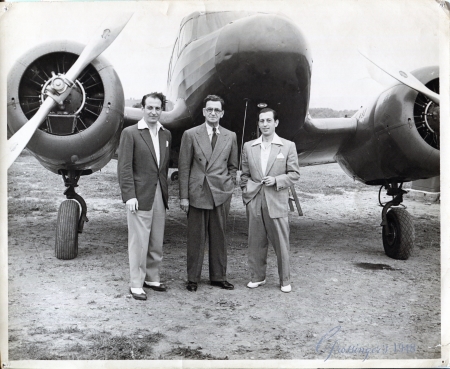
João Pires Valério Jr, Irving Berlin e Frederico Valério, Aeroporto de Grossinger, s/d (Col. José Pracana)
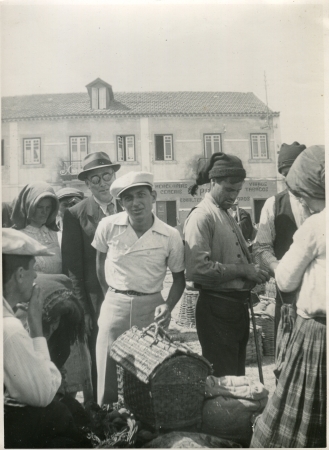
Frederico Valério, Malveira, 1938 (Col. José Pracana)
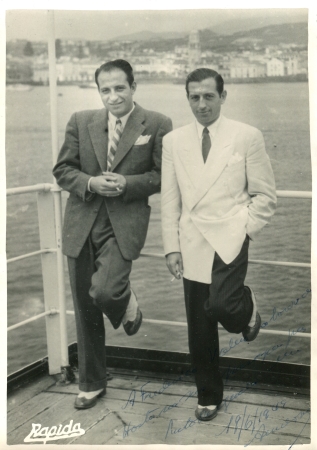
João Pires Valério Jr. e Frederico Valério, Ponta Delgada, 1949 (Col. José Pracana)
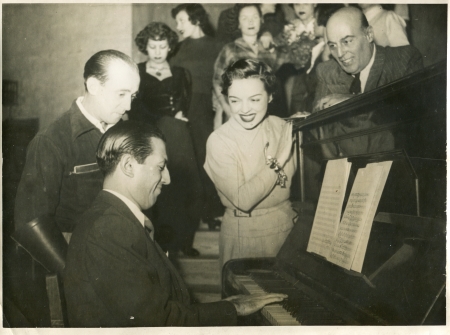
Frederico Valério, Eugénio Salvador, Beatriz Costa e Erico Braga (Col. José Pracana)
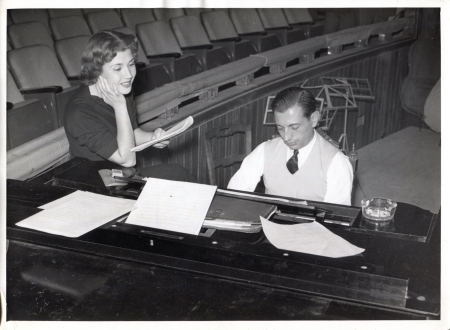
Laura Alves e Frederico Valério, 1951 (Col. José Pracana)
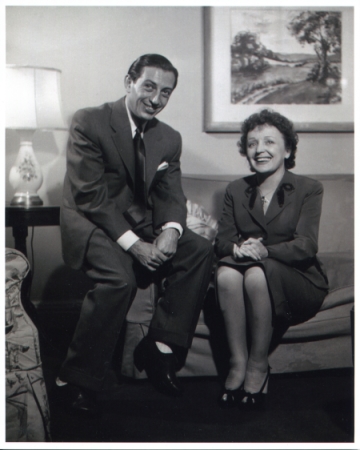
Frederico Valério e Edith Piaff, s/d (Col. José Pracana)
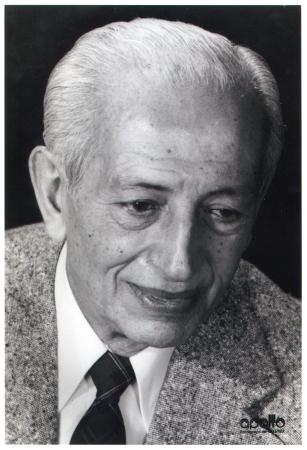
Frederico Valério, s/d (Col. José Pracana)
-
Sabe-se Lá Amália Rodrigues (Silva Tavares / Frederico Valério)